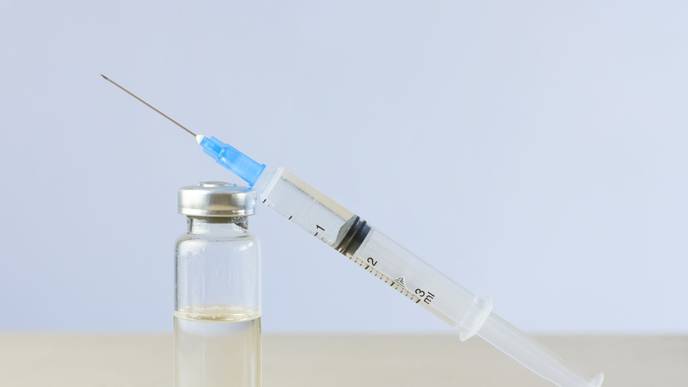ReachMD
Be part of the knowledge.™One-Year Data from OCARINA II Show Suppression of Relapses/Lesions in MS with Subcutaneous Ocrevus Treatment

Data from the OCARINA II study (NCT05232825) presented at the American Academy of Neurology (AAN) 2024 Annual Meeting showed that subcutaneous (SC) injection of Ocrevus (ocrelizumab; Genentech, South San Francisco, CA) resulted in near-complete suppression of clinical relapses and brain lesions in patients with relapsing multiple sclerosis (RMS) and progressive primary multiple sclerosis (PPMS). Results were consistent from previous other studies investigating the safety and efficacy of intravenous Ocrevus treatment.
The global, multicenter, randomized, phase 3 OCARINA II study (N=236) evaluated the pharmacokinetics, safety, and radiologic and clinical effects of the investigational SC formulation of Ocrevus which is administered twice yearly compared to the intravenous (IV) infusion of Ocrevus in patients with RMS or PPMS.
- Ocrevus SC injection (920 mg) resulted in near-complete suppression of relapse activity (97.2% had no relapse) and MRI lesions up to 48 weeks, with an annualized relapse rate (ARR) of 0.04.
- Most patients had no T1 gadolinium-enhancing lesions and no new/enlarging T2 lesions.
- Exploratory patient-reported outcomes from 222 patients indicated a high level of satisfaction (92.3%) and convenience (90.1%) with the Ocrevus SC injection.
- The safety profile of Ocrevus SC was consistent with the well-established safety profile of the IV infusion, and no new safety signals were identified.
The most common adverse events (AEs) in the Ocrevus SC group were injection reactions (51.5% of all exposed patients), including erythema (34.8%; skin redness or irritation), pain (17.2%), swelling (9.4%) and pruritus (5.6%; skin itching).
“Updated results from OCARINA II further underline the potential benefits of subcutaneous Ocrevus for patients with both relapsing and progressive forms of MS,” said lead study author, Scott Newsome, DO. “These results demonstrate the potential of subcutaneous Ocrevus as a treatment option that can be matched to the individual needs of people with MS and healthcare professionals.”
Facebook Comments